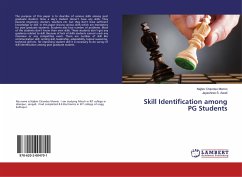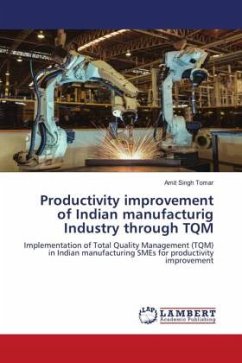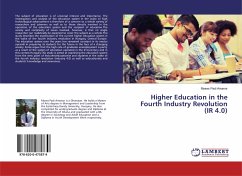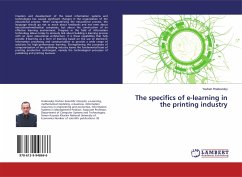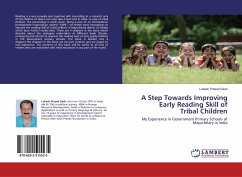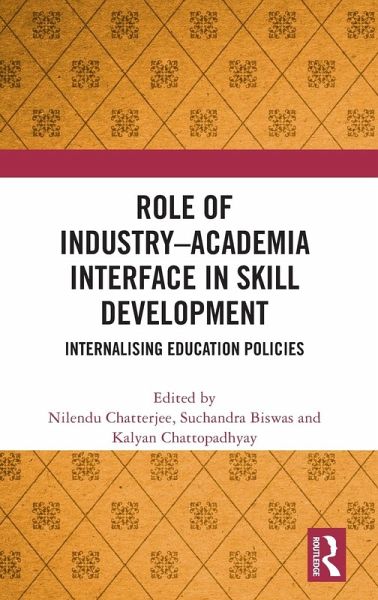
Role of Industry Academia Interface in Skill Development
Internalising Education Policies
Herausgeber: Chatterjee, Nilendu; Chattopadhyay, Kalyan; Biswas, Suchandra
Versandkostenfrei!
Versandfertig in 1-2 Wochen
170,99 €
inkl. MwSt.
Weitere Ausgaben:

PAYBACK Punkte
85 °P sammeln!
The book deals with the intricate challenges academia faces in integrating skill development into the curriculum, and how improving the industry-academia interface could be a solution through education policies. It responds to the need for skill-centric development, aligning with the demands of Education 4.0 in today's Industry 4.0.





